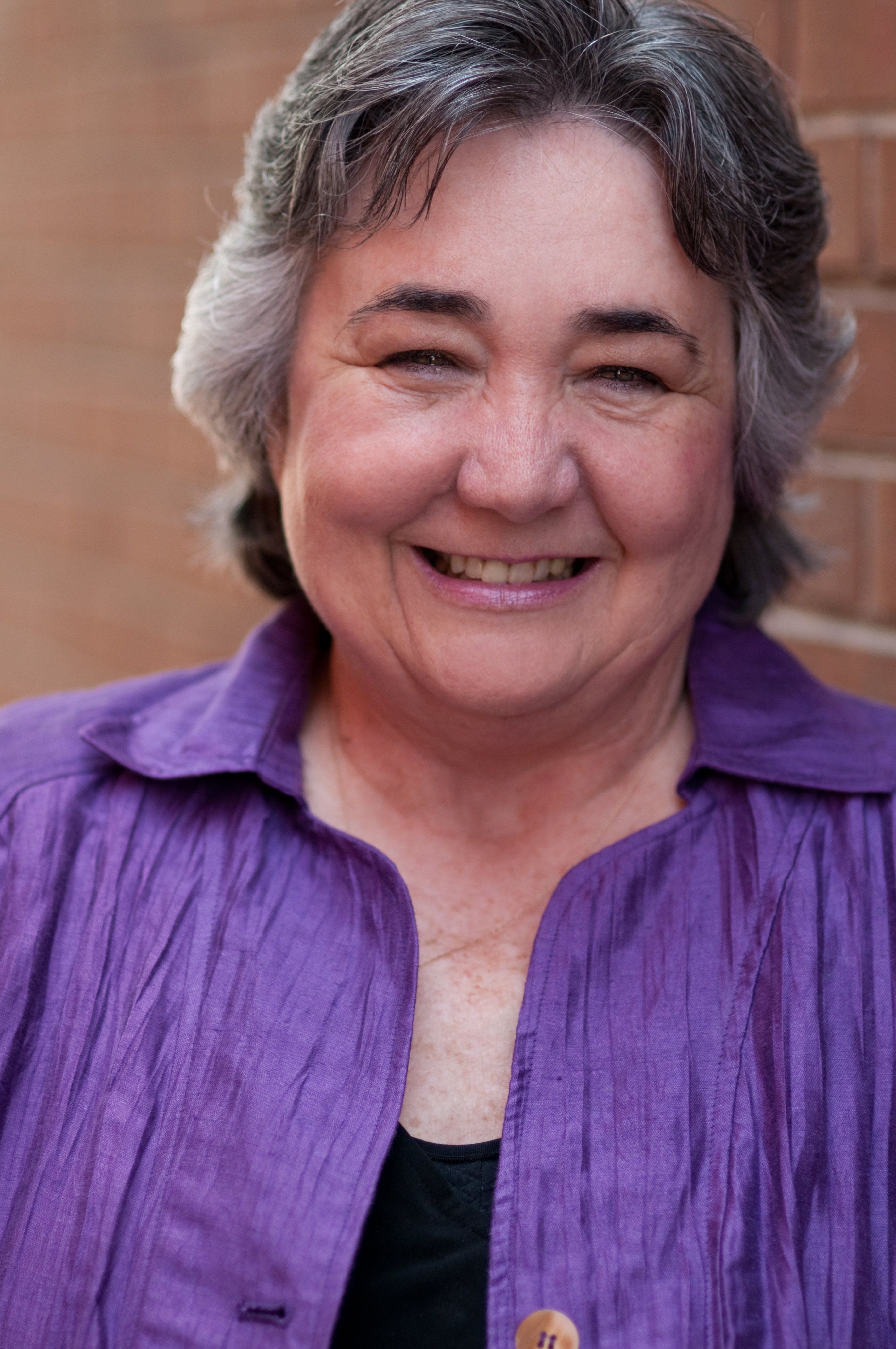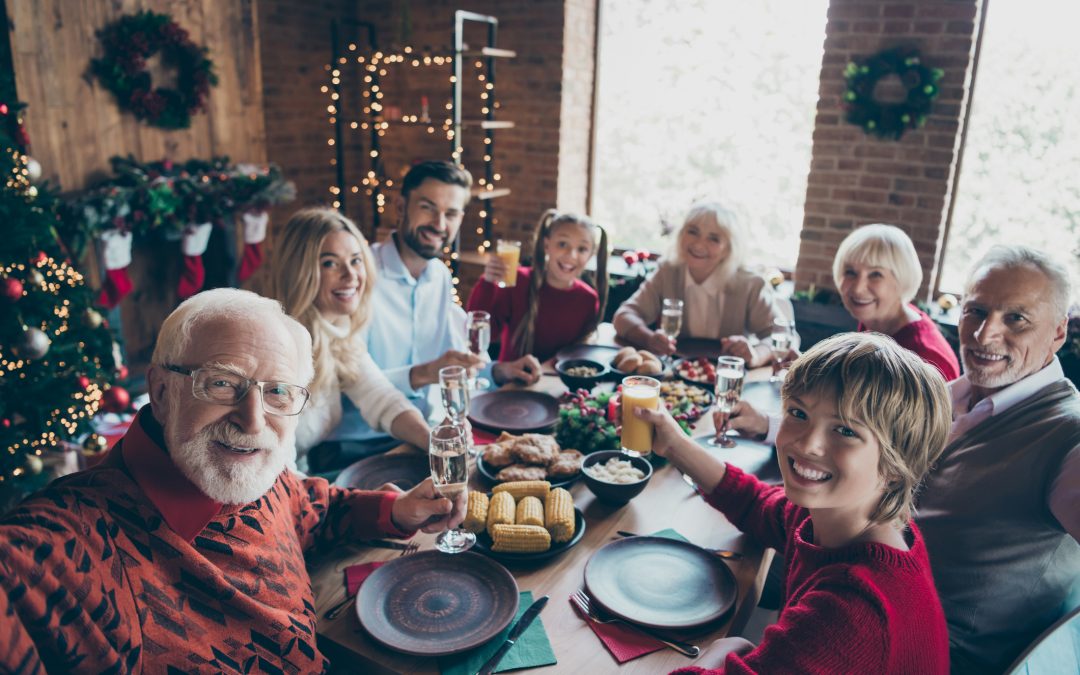I have family on my mind. Mine and those of WGA group members and our supporters. Spurred on by an article in the Atlantic, and leaning heavily on one of David Brooks’ illustrations, I want to remind us all that Family Matters.
The Nuclear Family
In his recent article, The Nuclear Family Was a Mistake, David Brooks takes a long look at the history of families, chronicling the diminishing involvement of extended family, and what it has cost us as a society. He started a mini-firestorm with his article. The Institute for Family Studies (IFS) launched a Symposium, asking “Was the Nuclear Family a Mistake?”
The IFS invited several of their members to respond. Eight professionals wrote commentaries that spanned a range of perspectives. One author, Scott Stanley, PhD, writing his response under the title, The Nuclear Family Was No Mistake, also published it in Psychology Today.
To round out the Symposium, David Brooks rebutted the scholars with a gracious but firm rationale for his position that the state of families is critical and that we must pay attention and take action. This article is titled, “We Need to Shore Up the Ecology Around the Family.”
“So, what?”
I find myself asking “so what” when I have just spent almost 400 words introducing a simple statement like “Families Matter.” For the answer to that, I will take us right into the illustration Brooks uses to open his article. The Nuclear Family Was a Mistake opens with a heart-catching description of an extended family’s Thanksgiving celebration, a scene from the film, Avalon.
Let the readers pay attention and see if their emotions stir as they read:
“The scene is one many of us have somewhere in our family history: Dozens of people celebrating Thanksgiving or some other holiday around a makeshift stretch of family tables—siblings, cousins, aunts, uncles, great-aunts. The grandparents are telling the old family stories for the 37th time.”
“The oldsters start squabbling about whose memory is better. “It was cold that day,” one says about some faraway memory. “What are you talking about? It was May, late May,” says another. The young children sit wide-eyed, absorbing family lore and trying to piece together the plotline of the generations.”
“After the meal, there are piles of plates in the sink, squads of children conspiring mischievously in the basement. Groups of young parents huddle in a hallway, making plans. The old men nap on couches, waiting for dessert. It’s the extended family in all its tangled, loving, exhausting glory.”
I wonder at the tears in my eyes as Brooks describes a family simply doing life together. Also, I think of the intensity of conversations with people in pain, whose families are often both the source of the pain and remedy for it. I ask, “What is it about the family that is so important? What’s such a big deal?”
For a thorough answer to that question, I suggest you read all the articles referenced in this blog and watch the 1990 film, Avalon.
For the Cliff’s Notes answer, I have three suggestions:
1) Read David Brooks’ article – he supports it well with good references and quotes from credible authorities.
2) Spend some time thinking about your childhood. What was really good and what do you miss terribly? What is troublesome and you need to forgive and/or be forgiven? Is there anything you can do to recapture the lost connections, to bridge the unintended distance in your family? Do what you can. Pray for God to do what you are powerless to do.
3) Celebrate the connections you do have, (however subtle and easy to take for granted they are). Nurture those connections with all five of what Gary Chapman calls “Love Languages”: quality time, words of affirmation, gifts of service, physical touch, and the giving of gifts.
Family Matters! And remember who God calls family, “God sets the lonely in families, . . . . .” Psalm 68:6
Father, may we all discover your intent for families, for life together in the Body of Christ, for individual love and marriage, for brother and sister bonds, for parent/child connections, for love for the “least of these” among us. And as we discover, Lord, give us vision for our part in what you are doing in all these “family” connections; strengthen our resolve to take the action you lay upon our hearts. Amen

Mary Heathman
Founding Director
Make a Difference in Someone's Life
If you enjoy reading WGA’s blogs and would like to show your support, please consider making a donation. Where Grace Abounds is a 501(c)3 non-profit organization. The majority of services, including support groups and discipleship counseling, are provided free of charge. Your financial gifts help to cover the costs associated with offering a free program to those who seek WGA’s services.

